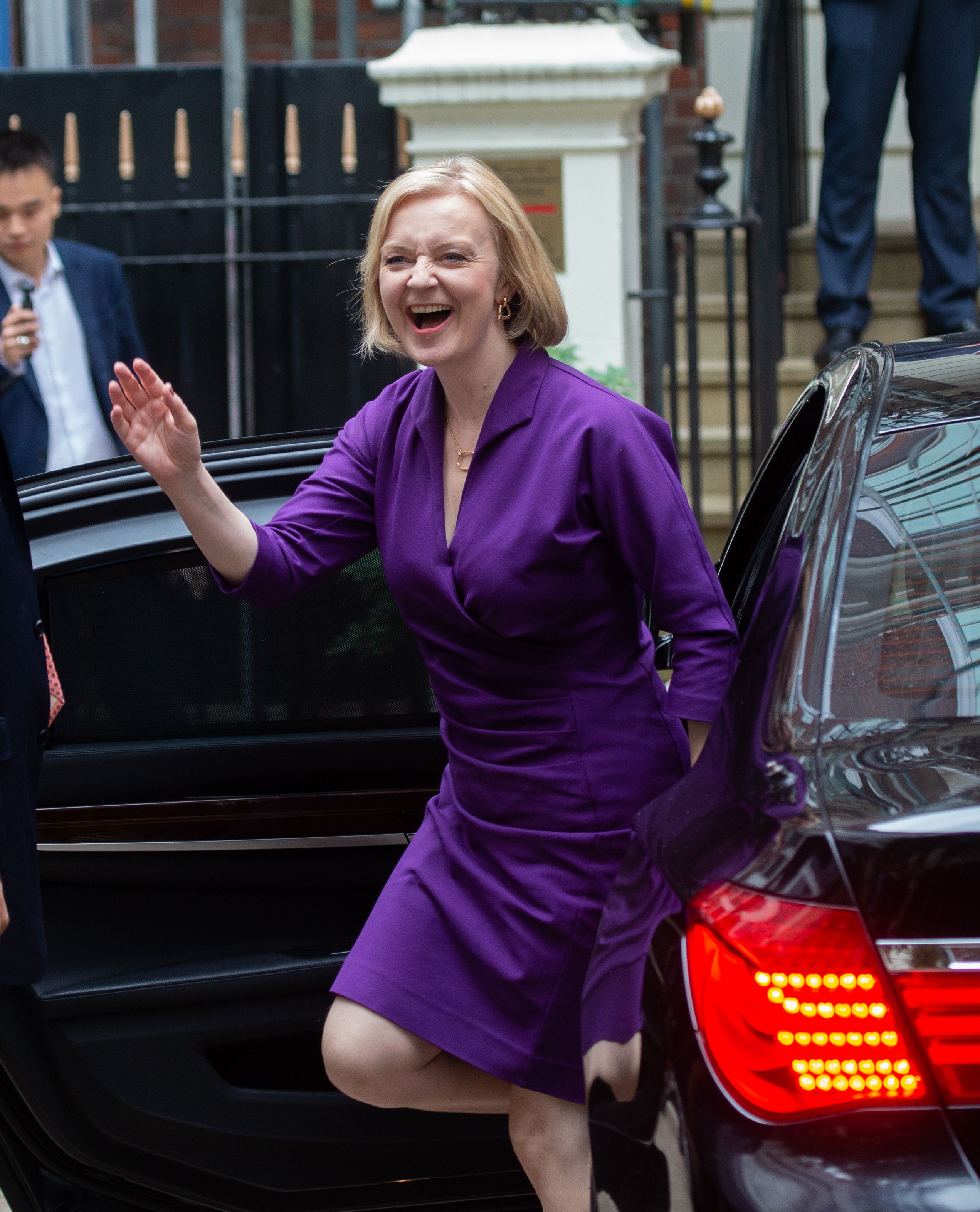Russia says relations with Britain could get worse as Truss elected PM
Kremlin says Tory leadership contenders ‘competed with each other in anti-Russian rhetoric’ during campaign
Russia said on Monday it could not rule out the possibility that the country’s dire relations with Britain would get even worse under new prime minister Liz Truss.
She was named as the UK’s latest leader - and Britain’s third ever female PM - after a drawn-out Conservative party leadership campaign on Monday afternoon, defeating former chancellor Rishi Sunak to Number Ten.
Truss also becomes the third Conservative Prime Minister in just three years, and the fourth in six years.
But any chance to celebrate her success will be tempered by an ominious in-tray, which includes a growing energy price crisis and the war in Ukraine, both of which are affected by Britain’s relations with Russia.
The Kremlin fired a warning shot across the new government’s bows on Monday morning by claiming that the low in relations between Moscow and London could get even worse than they are now.
“I wouldn’t like to say that things can change for the worse, because it’s hard to imagine anything worse,” Kremlin spokesman Dmitry Peskov said when asked if Moscow expected any shift in relations with Britain.
“But unfortunately, this cannot be ruled out, given that the contenders for the post of British prime minister competed with each other in anti-Russian rhetoric, in threats to take further steps against our country, and so on. Therefore, I don’t think that we can hope for anything positive.”
Asked if President Vladimir Putin would send a congratulatory telegram, he said: “Let’s wait and see who becomes prime minister.”
Truss, who was foreign secretary at the time Russia launched its invasion of Ukraine, has for months been the target of withering scorn from Moscow.
“I wouldn’t like to say that things can change for the worse, because it’s hard to imagine anything worse,” Kremlin spokesman Dmitry Peskov said when asked if Moscow expected any shift in relations with Britain.
Truss is chiefly known in Russia for a visit she made to Moscow in February, when she and Foreign Minister Sergei Lavrov held a rancorous meeting. Lavrov described their conversation as like a dialogue between deaf and mute people, complaining that facts had “bounced off” her.
Russia’s foreign ministry has also openly mocked her over geographical gaffes, including on one occasion when she mixed up the Black and Baltic seas.
Truss openly challenged Lavrov at their meeting over Russia’s troop build-up near Ukraine, saying: “I can’t see any reason for having 100,000 troops stationed on the border, apart from to threaten Ukraine.” Moscow, which had denied invasion plans, sent its troops in two weeks later.
Since then, Britain has been one of the most active and vocal supporters of Ukraine in the war, supplying it with weapons and training.

Russia and Britain have had tense relations for years, hitting low points with the fatal 2006 poisoning of former Russian security officer Alexander Litvinenko in London and the attempted killing of former Russian double agent Sergei Skripal and his daughter with a nerve agent in the English city of Salisbury in 2018.
Elsewhere, she received a warmer welcome.
Dutch PM Mark Rutte said on Twitter: “The Netherlands has long enjoyed close ties with the UK, and I look forward to working with Ms Truss to strengthen them even further.”
German chancellor Olaf Scholz also took to social media to proclaim: “The UK and Germany will continue to work closely together — as partners and friends.”
Austrian media compared her to Margaret Thatcher but one French newspaper, Les Echos, called her an “Iron Weathercock”, rather than Iron Lady, for constantly changing political position.
Join our commenting forum
Join thought-provoking conversations, follow other Independent readers and see their replies
Comments



Bookmark popover
Removed from bookmarks